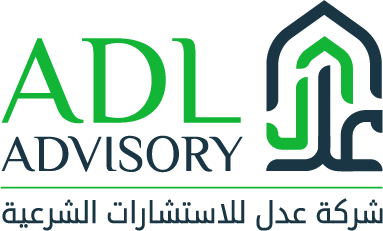
Will shariah robo-advisors replace the human shariah advisors?
I met few young shariah graduates during a Fintech forum last week. They expressed their concerns about their career as shariah scholars in Islamic Finance. With the rapid expansion of Fintech and the emergence of robo-advisors in the finance and wealth management space, many shariah robo-advisors are expected to be there in next few years. However, does that mean that human Shariah advisors will no longer be needed?
Currently, the scope of shariah robo-advisors is limited to shariah compliant investment and wealth management. For example, Wahed Invest and Algebra – both featured as the pioneers of shari’ah robo-advisory platforms – provide algorithms to filter shari’ah compliant portfolio and provide financial advice to the investors based on their risk appetite. Algebra is specifically targeted to the Asian market. The platforms provide financial, business and operational screening, in addition to stock purification and investment services.
However, the role of shari’ah robo-advisory can be extended beyond financial advice and wealth management. The AI bots can play the role of validating the basic requirements of shari’ah compliance for a product or contract. For example, in sale contracts, ensuring that there is a proper offer (ijab) and acceptance (qabul), the subject matter (ma’qud alayhi) and price (thaman) are well defined and not uncertain. In partnership contracts (Mudharaba/ Musharaka), the PSR (profit-sharing ratio) is valid and does not eliminate any partner from receiving profits (if there is any) at any time. Capital contributions are well defined to define loss (if there is any).
The robo-advisor may further investigate if the product meets specific objectives of shari’ah (maqasid-shari’ah). It may also check the ESG (Environmental-Social-Governance) criteria for example, and give a score based on those.
Once the bot goes through the basic requirements check, the human shari’ah advisors will need to look at it, based on the knowledge and wisdom they acquired from Qur’an-Sunnah and other sources of Shari’ah. Human scholars will always have their role to play. Allah SWT mentioned in Al-Qur’an:
“Ask the People of the Book if you do not know.” (Al-Qur’an, 21:7)
The ‘ahl al-dhikr (people of the book)’ is interpreted by the commentators as the people with knowledge (of shariah). Thus the need for human shari’ah advisors will always be there. 🙂
One of the core objectives of shariah scholars is to provide shariah based solutions to real-world problems. On the other hand, technology being an enabler makes things easier, faster and more efficient. Shari’ah scholars are thus recommended to keep themselves updated on latest happenings in the Tech space. There are many things to do with AI (artificial intelligence), machine learning, big data, blockchain, smart contracts and other tech innovations and shariah has a significant role to play through those.
This post is just a preliminary thought on the topic, and I’d really appreciate your views and opinions. Thank you.
